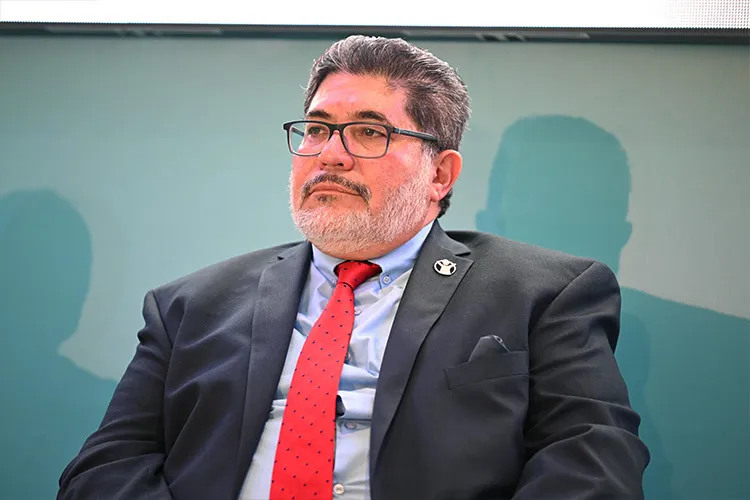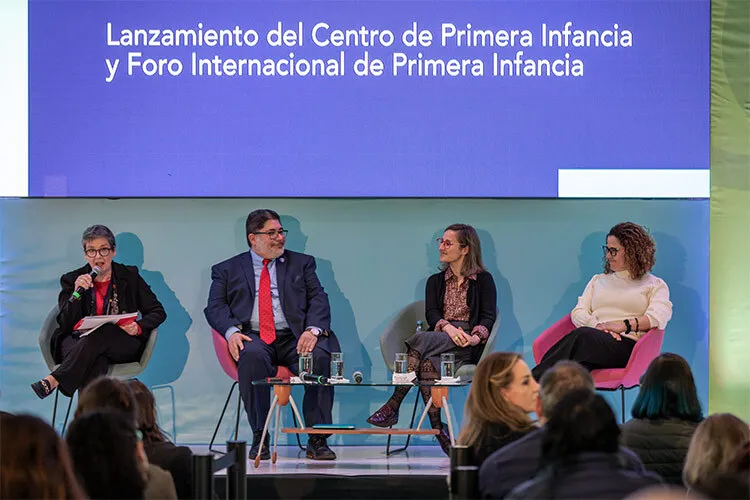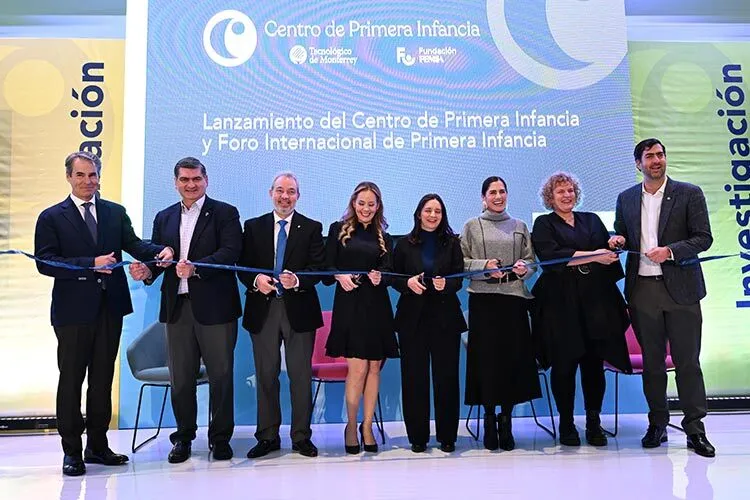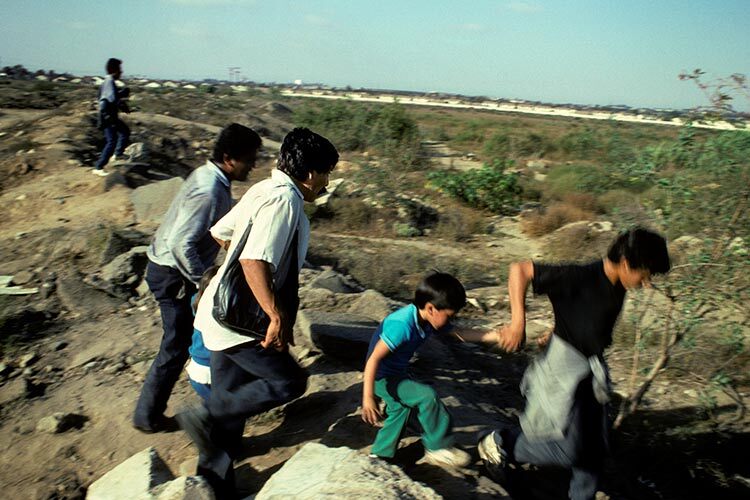Socioeconomic gaps are one of the most important factors determining our development during our first years.
According to Marta Rubio-Codina, child development specialist at the Inter-American Development Bank (IDB), in Mexico, five-year-old children who grow up in vulnerable homes recognize fewer words than those who do so in privileged homes. ”Reducing these gaps requires investment in quality child care centers and services,” she said.
Experts spoke about the most vulnerable sectors during the International Early Childhood Forum, which launched the Early Childhood Center.

Children at risk
David Calderón, Director of Quality, Innovation, and Impact for Save the Children Mexico, said that one of the biggest challenges Mexico faces is being able to guarantee safe spaces for early childhood and breastfeeding for the diverse social and economic contexts that exist in the country, placing special emphasis on migrant childhoods.
It is in the most vulnerable sectors of society where children grow up with the greatest disadvantages and difficulties, such as being hungry and cold, more exposed to violence, or not having access to quality education.
Other challenges mentioned during the panel were the low coverage and quality of childcare centers, the need to raise awareness and inform public servants about the importance of caring for early childhood, and the creation of programs that are based on children real children who grow up in very different conditions depending on their social class.
Also, it is important to raise awareness in different communities to promote interactions between early childhood and the rest of society that are based on understanding, acceptance, and tenderness.
Continuing to measure the quality of early childhood in the country with surveys and focused research is essential. “You can’t change what you don’t measure,” Rubio-Codina said.
Finally, the experts pointed out that citizen mobilization is essential for children’s optimal development. “Sometimes we think that the problems of babies and children are only their families’ problems, but nothing is further from the truth,” said Aranzazu Alonso, national coordinator of the Pact for Early Childhood.
Only through the cooperation of the entire society and holding governments accountable will a full early childhood be achieved for all. “People have to let those who govern us know that this issue matters to us and that it is one of our highest priorities,” Alonso concluded.
















